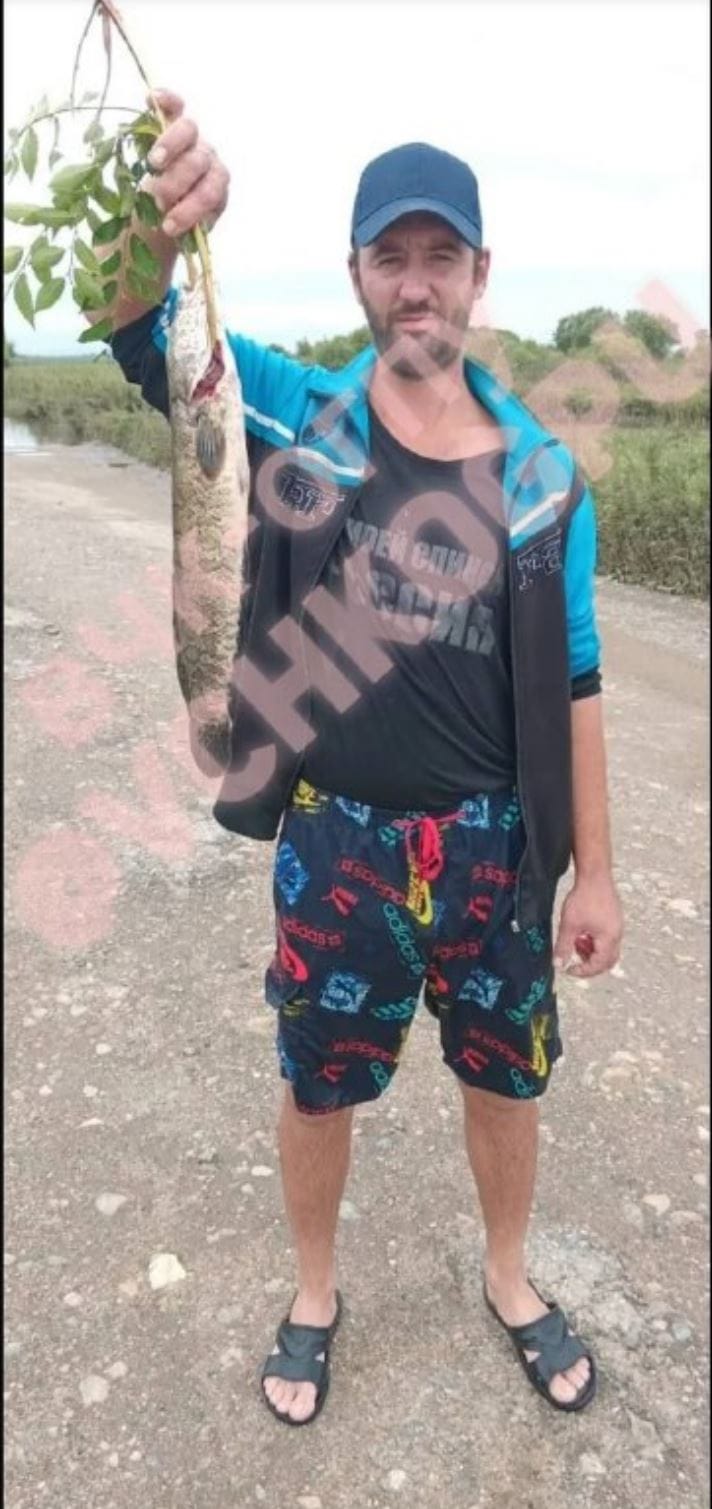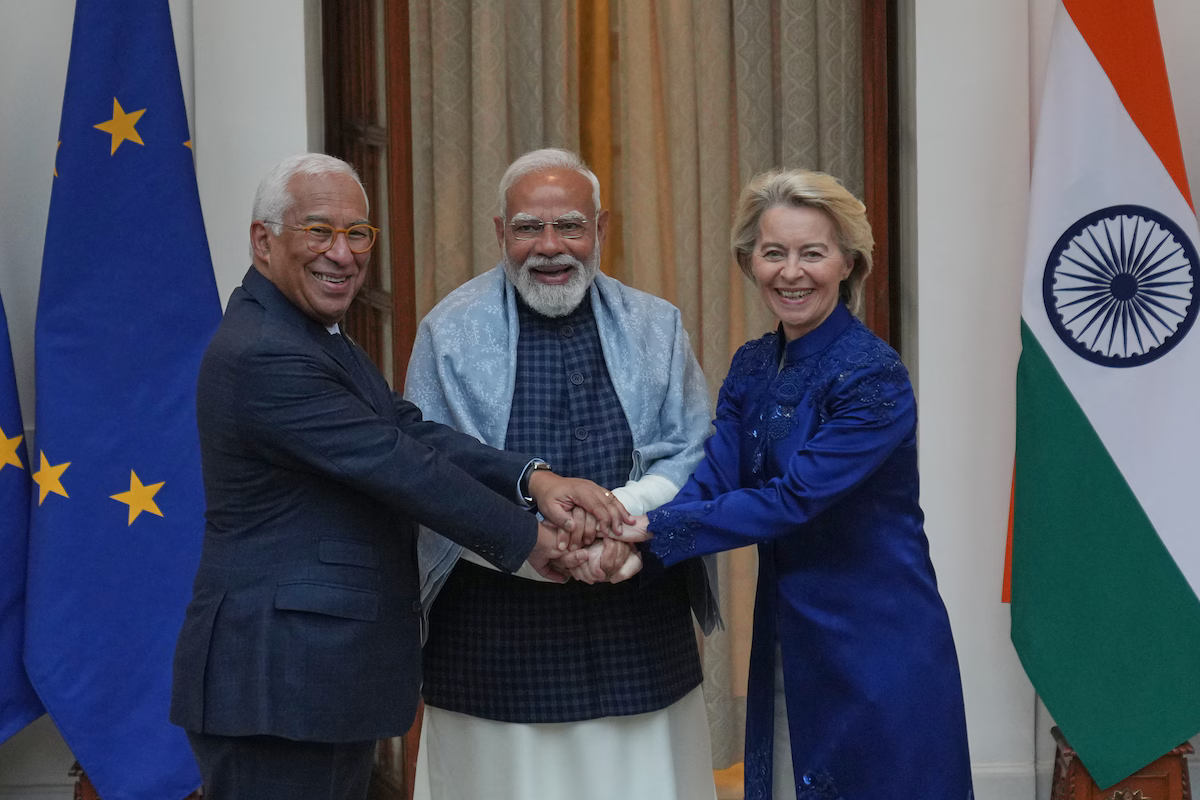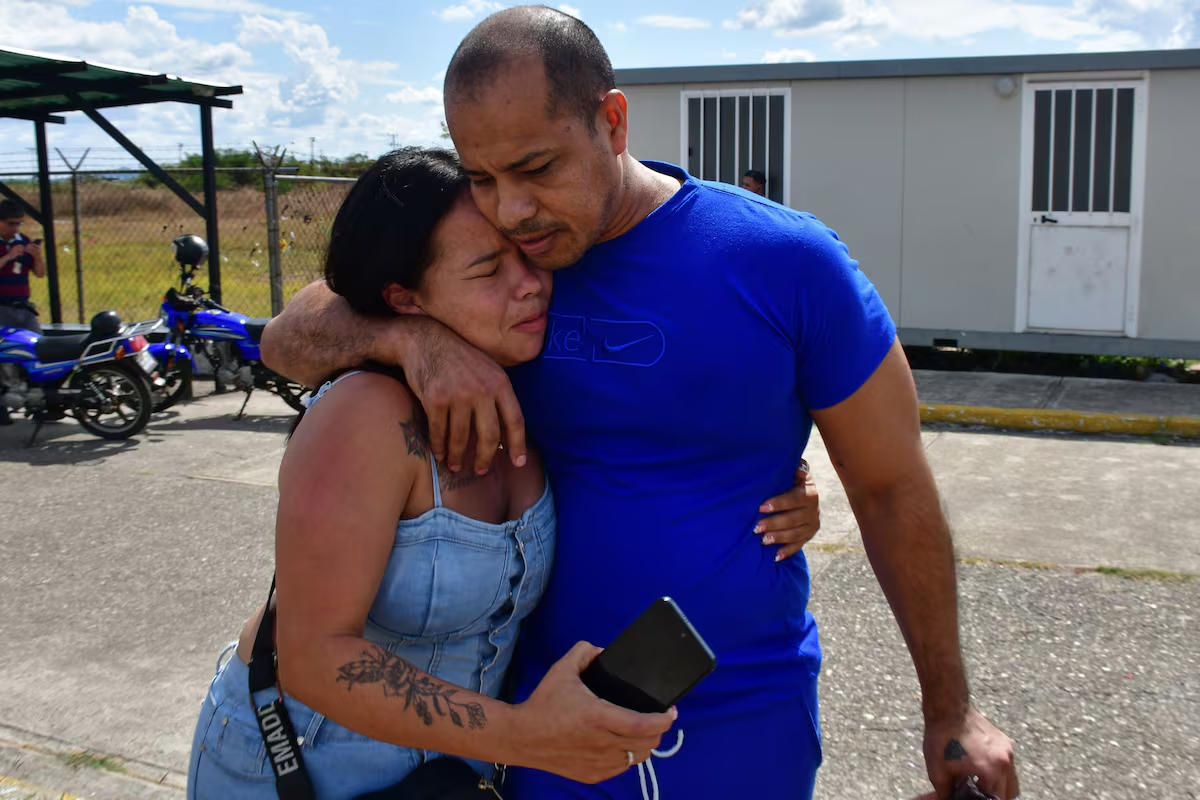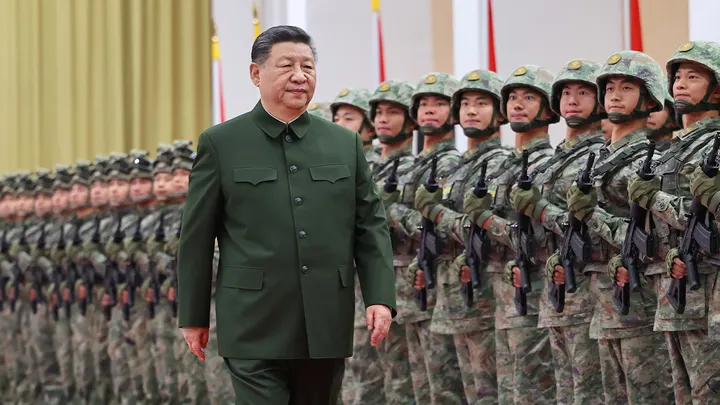On the night of October 26th, Russian serviceman Maxim Fedorchenko attacked eleven of his comrades while they slept in a dugout. Using an automatic rifle and a grenade, Fedorchenko killed eleven of his comrades and then fled on foot. Similar incidents have occurred throughout the war, pointing to low morale and poor command within the Russian armed forces. Fedorchenko was serving as a private with the 38th Separate Motorized Rifle Brigade stationed near the village of Novopokrovka in the Zaporizhia region, only a few miles from the front line.
A Pattern of Violence
The Russian telegram channel Cheka-OGPU was able to reach Fedorchenko's wife for an interview in which she claimed this was not the first violent incident he has been involved in. His wife, Svetlana Golovtsova, stated that Maxim called her on the night of the attack. In this phone call, the soldier confessed to the massacre and stated he was on the run. In a phone call the day before, he told his wife that he had given money to a man in his unit to go purchase alcohol and gave the impression that he and the other soldiers in his unit had been drinking heavily on a daily basis.
Fedorchenko apparently has a history of binge drinking, and his wife stated that his reputation in his village had been that of a drunkard and thief since an early age. It is unclear where exactly Fedorchenko is from, but reports indicate that his hometown is somewhere in Primorsky Krai, a federal subject in the Russian far east. Fedorchenko's imprisonment in a penal colony stemmed from a brutal attack on his wife. Fedorchenko returned home from work one day drunk and poured boiling water on his wife before stabbing her four times. The motive behind this is not entirely clear but is alleged to be caused by alcoholism and jealousy directed at one of his neighbors. Despite only receiving a sentence of four years and six months in a penal colony, he decided to enlist via the Russian Ministry of Defense's prisoner recruitment program.
Prisoner Soldiers
The Russian military began receiving attention for the recruitment of prisoners when former head of the Wagner Group, Yevgeny Prigozhin, appeared in a series of highly publicized videos appealing to prisoners to join Wagner in return for a pardon of their sentence after serving for six months. After Wagner was mostly disbanded following the death of Prigozhin, the Russian state continued to use prisoners to relieve the strain on manpower caused by heavy losses. These prisoners were placed into 'Storm Z' battalions, which quickly grew infamous for their high casualty rates and extremely low levels of training. At some point in the summer of 2023, Russia began transitioning from 'Storm Z' units towards 'Storm V' units. 'Storm V' soldiers were placed in similarly suicidal frontline assault roles but were not promised any pardon for their service. These units often operate in a legal gray zone, and so relatives of dead convicts are not entitled to compensation for their deaths. In some cases, relatives are not even able to confirm the death of their loved ones or retrieve their bodies. It is unclear what level of agency prisoners involved in these units had, and it is likely that it varied by case, with some consenting to join and others being coerced.
While utilizing prisoners is not a new concept and is also implemented by Ukraine to a lesser extent, Russia has proved indiscriminate in its selection process. In some cases, this had led to public outcry within Russia, such as in the case of Nikolai Ogolobyak. Ogolobyak was serving a twenty-year prison sentence for carrying out a brutal murder linked to a Satanist cult but was pardoned in 2023 after being injured during service in a 'Storm Z' unit. The case of Dmitry Malyshev is extremely similar, with a convicted murderer and cannibal being released in order to fight. The effectiveness of prisoner units is often questioned by Russian military bloggers, who complain of high rates of surrender and low combat effectiveness. While recruiting tens of thousands of prisoners has helped alleviate manpower struggles, it has led to a number of high-profile incidents similar to the case of Fedorchenko.
A Culture of Abuse
While the case of Fedorchenko is particularly brutal and spurs interest due to the unknown nature of his whereabouts, it is not the only of its kind. Drug and alcohol abuse is extremely widespread throughout the Russian military, representing a low level of morale and discipline endemic to the force. In October of 2022, a Russian soldier named Artyom Terekhov deserted his unit and murdered an officer while on the run before being caught and sentenced. Russian media has reported that he was drunk at the time of this incident. In April of 2022, Ruslan Vysotsky shot his comrade in the leg during an alcohol-fueled disagreement, and later, when an officer attempted to resolve their dispute, Vysotsky shot the same soldier again in the head. Violence is not only directed at soldiers, with numerous cases being filed by Ukrainian prosecutors for incidents where drunk Russian soldiers beat, sexually abused, or murdered Ukrainian civilians. Information on misconduct against civilians in the occupied territories of Ukraine is difficult to come by and can be presumed to be widespread based on Russian conduct throughout the war.
The use of prisoner soldiers exacerbates these issues by introducing poorly trained individuals with little to lose into situations where they have firearms and more freedom then they have felt in years. Prisoner soldiers may also lead to higher rates of drug use among Russian forces, as many prisoners maintain criminal connections that they can utilize to smuggle drugs to the frontline. Additionally the extremely harsh nature of life for units like 'Storm V' may provoke an increased need to cope with the circumstances of war, which for most involves the abuse of drugs and alcohol. Despite cultural conceptions of war as a constant barrage of action, the reality on the ground is that most soldiers spend a majority of their time waiting around. This kind of terrifying boredom provokes drug use. Veterans returning from the Soviet invasion of Afghanistan faced social stigmatization and often turned to drug habits they picked up while serving. The corrupt and abusive nature of the Russian military further complicates this issue, with traditions like the "Dedovshchina" (a culture of brutal hazing and abuse directed at conscripts and low ranking soldiers) lowering the morale of many before they even see combat.
While the current whereabouts of Fedorchenko are unknown, and it is possible he escaped towards Ukrainian lines, the issues plaguing the Russian army will continue to produce incidents such as this one.















Discussion